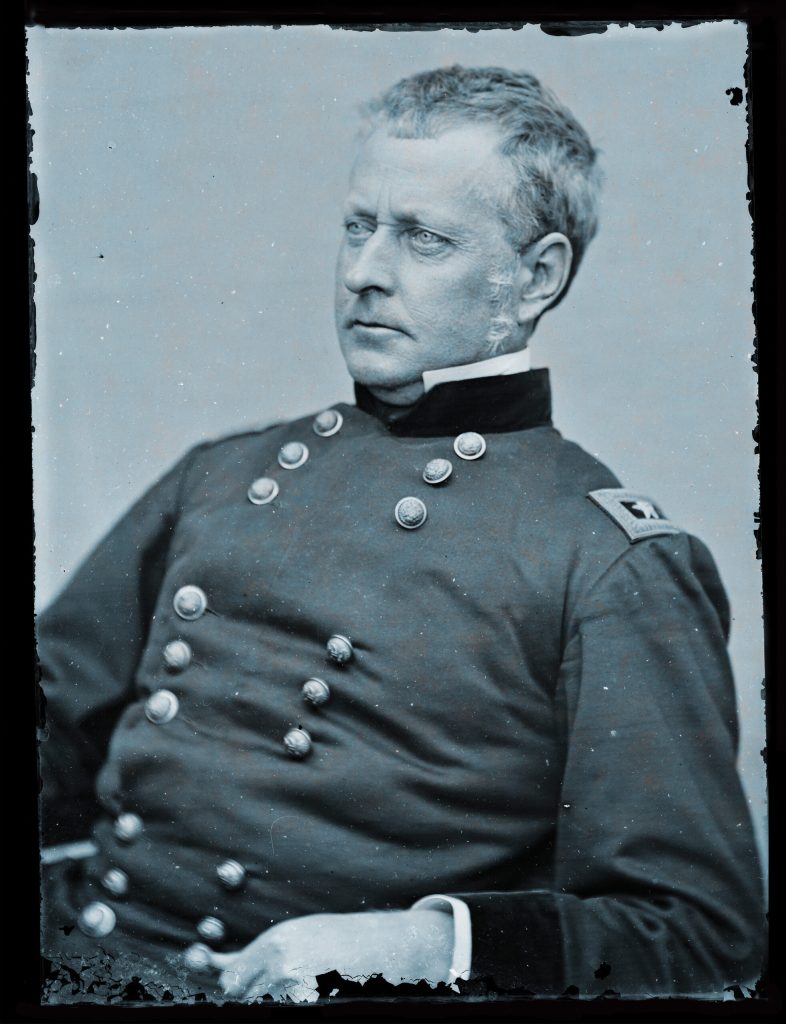
For the Union Army of the Potomac and its commander, Maj. Gen. Ambrose E. Burnside, the early winter of 1862-63 proved extremely taxing. First, they suffered through the disastrous Battle of Fredericksburg, fought on Dec. 13. After the army retired back across the Rappahannock River, regimental musters revealed a staggering loss of 12,653 casualties. Nothing had been gained. It had all been for naught. Army morale plummeted, and desertions soared, eventually reaching 200 per day. Tens of thousands of men were listed as “not present”: thousands of others were sick due to inadequate food and the army’s abysmally filthy camps.
Then came Burnside’s infamous “Mud March.” In an attempt to flank the opposing Army of Northern Virginia out of its positions behind the Rappahannock, Burnside ordered an upriver movement via Banks’ Ford. It began on Jan. 20, but that night, the heavens opened up. In the following two-day deluge, small streams became raging torrents. Roads turned into muck-filled quagmires choked with stalled wagons, pontoons, artillery pieces, and hundreds of buried horses and mules. Drenched, freezing, exhausted—feeling as if the very fates were against them—the rank and file dragged themselves back to their encampments at Falmouth. Everyone realized the army was dispirited; many believed it was “all played out.” For the Army of the Potomac, the early winter of 1862-63 was indeed the Valley Forge of the Civil War.
Enter the army’s next head, Maj. Gen. Joseph Hooker. Most often remembered as the bombastic commander who lost the subsequent Battle of Chancellorsville (May 1-4), despite outnumbering his opponent two to one, Hooker, nonetheless, possessed admirable administrative and organizational skills. And what’s little remembered is that—in the three months leading up to Chancellorsville—he did a fantastic job restoring the army’s morale and preparing it for the upcoming campaign. Maj. Gen. George Brinton McClellan built the Army of the Potomac, but Maj. Gen. Hooker rehabilitated it...
To read more visit HistoryNet.